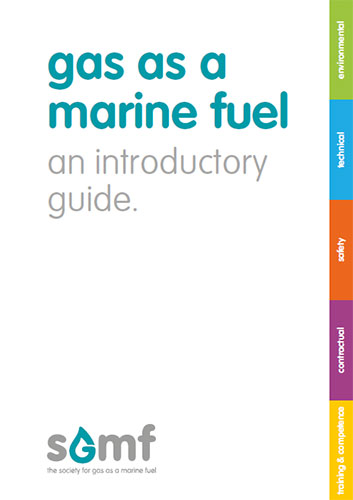Gas as a Marine Fuel - an Introductory Guide/Газ как судовое топливо. Вводное руководство
Книга на английском языке.
Increasing concern over the impact of human activities on our environment is encouraging the maritime transport industry to move towards using natural gas on board ships as a prime source of energy for propulsion and electricity generation. This trend is being reinforced by national and international regulation, led by the International Maritime Organization (IMO), with its Emission Control Areas (ECAs).
The use of natural gas as a fuel is one way of complying with the increasingly strict regime governing emissions of harmful atmospheric pollutants, such as nitrogen oxides (NOx) and sulphur oxides (SOx) and reduces the carbon footprint of ship operations. Liquefied natural gas (LNG) is the most cost-effective way of transporting natural gas over very long distances. It has been produced and transported internationally in bulk for 50 years. The gas-as-fuel industry builds on this expertise – but the bulk trade and the gas-as-fuel business differ in significant ways.
Contents
Natural gas as a marine fuel
Introduction
Environmental
Technical
Safety
Contractual
Raining & Competence




